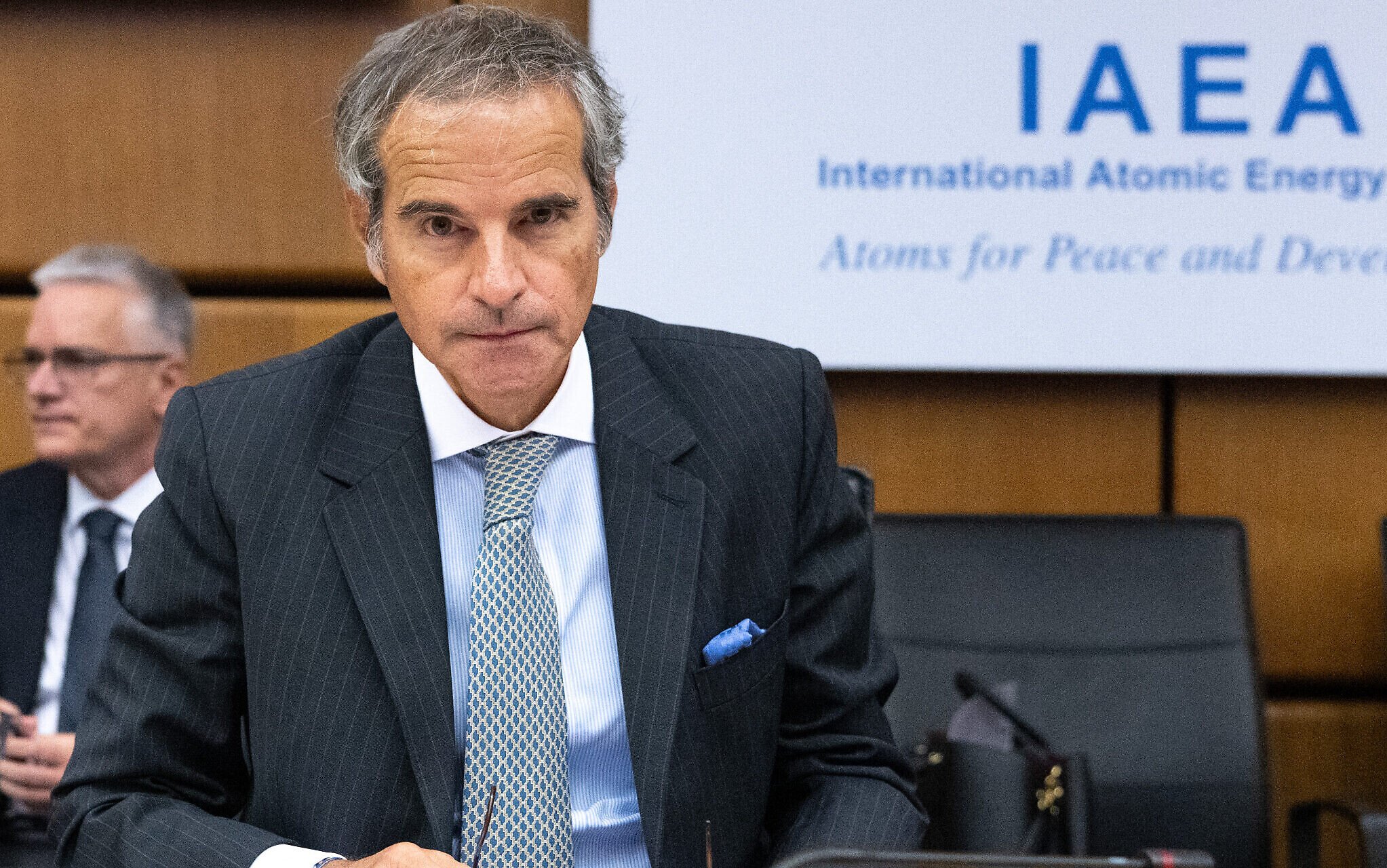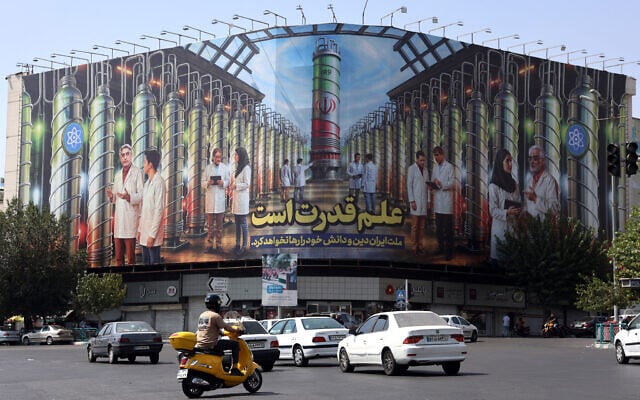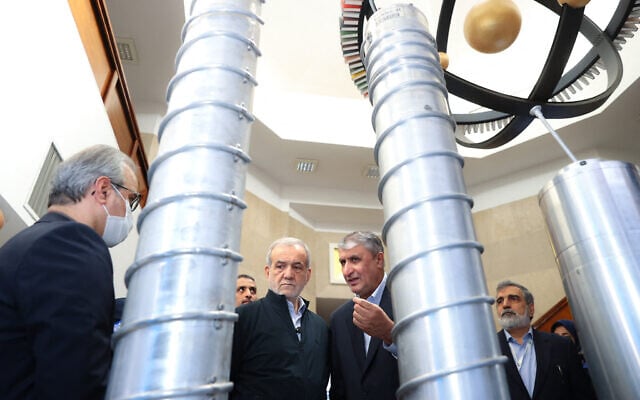


VIENNA — Time is running out in talks between the UN nuclear watchdog and Iran on how to fully resume inspections in the Islamic Republic, the watchdog’s chief Rafael Grossi said on Monday, adding that he hoped the discussions would conclude within days.
The International Atomic Energy Agency has not had access to Iran’s key nuclear facilities since the United States and Israel bombed them in June. Iran passed a law after the attacks suspending cooperation with the IAEA and saying any inspections had to be approved by its Supreme National Security Council.
The IAEA and Iran are now in talks on the “modalities” of a full resumption of inspections, though Grossi says that does not alter Iran’s duty to allow verification measures such as inspections as a party to the nuclear Non-Proliferation Treaty.
“There is still time, but not much. Always enough when there is good faith and a clear sense of responsibility,” Grossi said in a statement to a quarterly meeting of the IAEA’s 35-nation Board of Governors.
“Progress has been made. It is my sincere hope that within the next few days it will be possible to come to a successful conclusion of these discussions in order to facilitate the resumption, the full resumption, of our indispensable work with Iran,” he added.
Their talks are taking place against the backdrop of Europe’s top three powers having initiated a 30-day process on August 28 to re-impose sanctions on Iran. The curbs were lifted under a 2015 nuclear deal between Iran and major powers that unraveled after President Donald Trump pulled the US out of it in 2018.

Those three powers — France, Britain and Germany, known as the E3 — have said they will go ahead with re-imposing sanctions under the so-called “snapback” process unless IAEA inspections fully resume in Iran, and Tehran accounts for its large stock of near-weapons-grade uranium and resumes nuclear talks with the United States.
“I am confident that with these practical steps (on inspections) in place, other important diplomatic consultations and processes will find a more promising ground upon which to advance towards positive outcomes,” Grossi said, apparently referring to broader diplomacy such as Iran-E3 discussions.
In Tehran, Iran’s foreign ministry said the talks with the IAEA were “positive” but had not yet reached a conclusion and that no specific time frame was determined for the next round of talks.
“On Saturday, the third round of negotiations ended and their results are currently being reviewed in Tehran by relevant authorities and we will announce the next steps when this review is finalized,” ministry spokesperson Esmaeil Baghaei told a weekly press conference on Monday.
Iran, which avowedly seeks Israel’s destruction, denies trying to attain nuclear weapons, but it has enriched uranium to levels that have no peaceful application, obstructed international inspectors from checking its nuclear facilities, and expanded its ballistic missile capabilities. The Islamic Republic took steps toward weaponization shortly before Israel launched a military operation against the program in June, according to Jerusalem.
According to a confidential report published by the IAEA last week, Iran increased its stockpile of uranium enriched to near weapons-grade levels before Israel began its military attack on June 13.
The report by the Vienna-based agency said that as of June 13, Iran had 440.9 kilograms (972 pounds) of uranium enriched up to 60%, an increase of 32.3 kilograms (71.2 pounds) since the IAEA’s last report in May.

That material is a short, technical step away from weapons-grade levels of 90%.
According to the IAEA, approximately 42 kilograms of 60% enriched uranium is theoretically enough to produce one atomic bomb, if enriched further to 90%.
The confidential report also said Iran and the IAEA have not reached an agreement on resuming inspections of sites affected by Israeli and US bombing in June.
It remains unclear just how much the Israeli and US strikes disrupted Iran’s nuclear program. Israel targeted Iranian nuclear and military sites, saying it could not allow Tehran to develop atomic weapons and that it feared the Islamic Republic was close.

